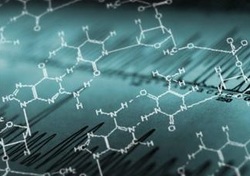
On June 13, 2013, the Supreme Court issued its long-awaited decision on the patentability of isolated human DNA. The Court ruled that isolated human DNA is not patentable (no matter how isolated) because it is a “product of nature.” The unanimous Court also held that synthetically created complementary DNA (cDNA) is “patent eligible.” The case has generated significant interest since 2009, when a group of researchers, doctors, and breast cancer patients, supported by the ACLU and the Public Patent Foundation sued Myriad Genetics in New York federal trial court. The Court's finding that cDNA (formed by reverse transcription of mRNA) is patent eligible under the patent statute remains to be applied by the lower courts. In particular, the Court signaled that it may be possible to obtain a patent when a synthetic form of genes is created. According to the Court, these do not exist in nature, and are therefore patent-eligible.
Perhaps most interesting was Justice Scalia's concurrence where he stated: "I am unable to affirm those details on my own knowledge or even my own belief." If the Court cannot--or will not--make these decisions, who will?
Perhaps most interesting was Justice Scalia's concurrence where he stated: "I am unable to affirm those details on my own knowledge or even my own belief." If the Court cannot--or will not--make these decisions, who will?
